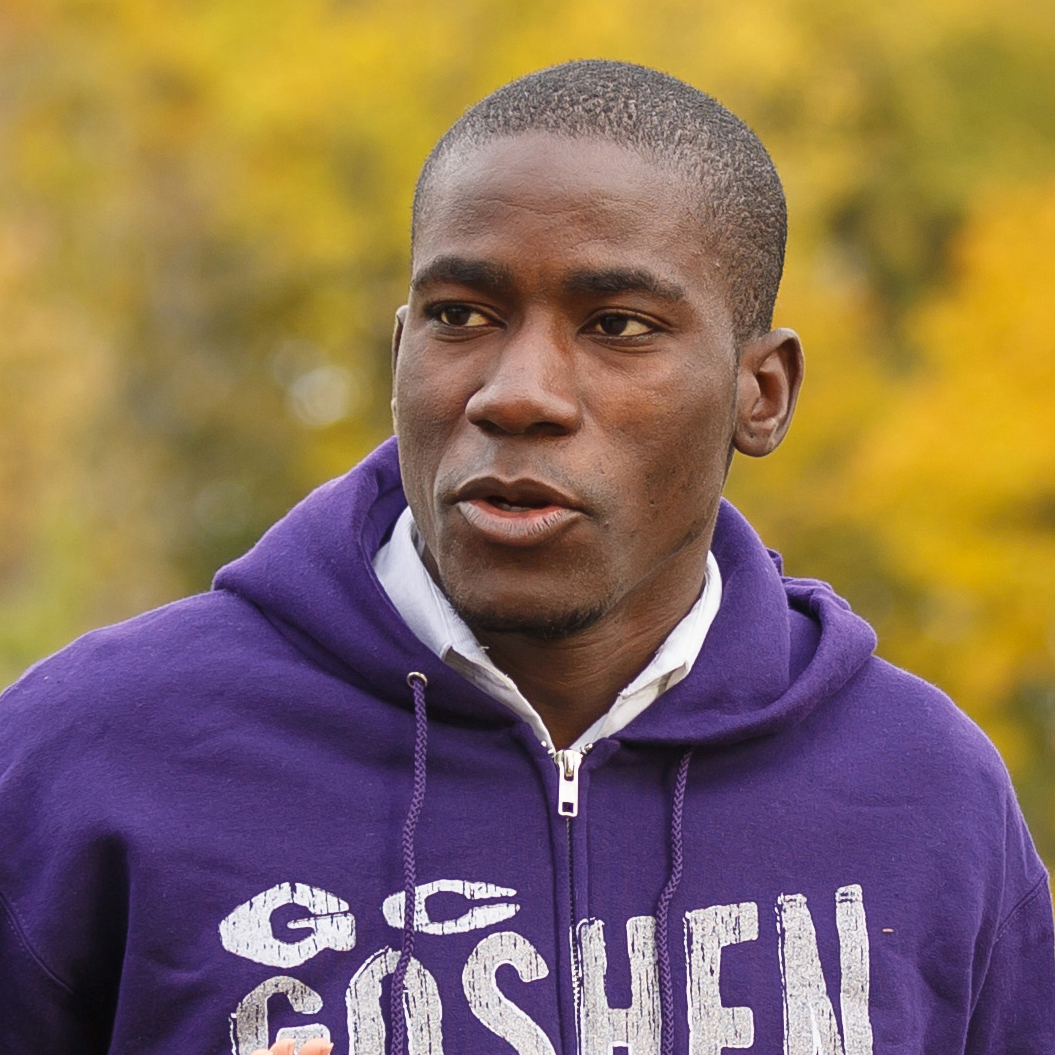This is a time of the year when I hear the term “Black” associated with many things and many celebrations. Back in November, Black Friday drew many people to the stores to spend the little money they made on many things they did not need.
A few weeks ago, it was all about Martin Luther King Jr. with everybody reflecting on how close they identify with King’s philosophy and legacy. On the other hand, few people talk about the global Black liberation movement, which was carried out by fine minds of all creeds and races.When I hear the term “Black” associated with an event, I always have mixed feelings. I feel almost frustrated when this concept tends to only talk about Black people in the United States and makes no mention of the Black liberation movement around the world.
My understanding of the history of the United States commends respect to whoever dedicates even a single minute celebrating Black history. However, I do not subscribe to most of the celebrations. What about Hispanic History Month? Where is my Jewish History Month? I do not think that the Civil Rights movement was animated by charismatic Black church leaders only, nor do I think that it was aiming to free only the Black people in the United States.
I live my Blackness all year round. The double consciousness that Dubois wrote about is permanently in my every action. Whether I am walking in the grocery store or I am talking to my insurance company representative on the phone, I have the awareness that my outward appearance and African accent can have an impact on the outcome of the exchange, and usually it’s not a good one.
I hate to state it, but I think much has been attributed to Martin Luther King Jr. while the roles that many agents played in the making of the modern U.S. democracy have been denied. I am not denying King’s immense contribution to the history of minority people in the U.S. I wake up to the dreams of King, but I also walk with the “ballot as a bullet” theory of Malcolm X who advocated Black economic power.
I identify more with Aimé Césaire, Léon Damas, and Leopold Sedar Senghor: early African scholars from both Africa and its diaspora who stood upright to claim their Negritude in the 1930s. I sit by the side of John Peters Humphrey, a Canadian legal scholar who helped draft the Universal Declaration of Human Rights.



